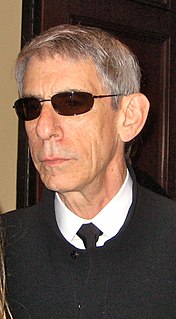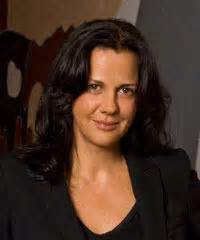A Quote by Noam Chomsky
That is [Edward Said] proposal as to how the term should be used. It surely does not describe those who are called "intellectuals" in standard usage, as he would be the first to agree.
Related Quotes
We must speak first about the division of land and about those who cultivate it: who should they be and what kind of person? We do not agree with those who have said that property should be communally owned, but we do believe that there should be a friendly arrangement for its common use, and that none of the citizens should be without means of support.
So, instead of panicking, I closed my eyes and spent the twenty minutes' drive with Edward. I imagined that I had stayed at the airport to meet Edward. I visualized how I would stand on my toes, the sooner to see his face. How quickly, how gracefully he would move through the crowds of people separating us. And then I would run to close those last few feet between us - reckless as always - and I would be in his marble arms, finally safe.
The people we call the prophets I think are the earliest dissident intellectuals, and they're treated like most dissident intellectuals - very badly. They're imprisoned, driven into the desert. King Ahab, the epitome of evil in the Bible, condemned Elijah as a "hater of Israel." This is the first self-hating Jew, the origin of the term. It goes right up to the present. That's the history of intellectuals.
A first fact should surprise us, or rather would surprise us if we were not used to it. How does it happen there are people who do not understand mathematics? If mathematics invokes only the rules of logic, such as are accepted by all normal minds...how does it come about that so many persons are here refractory?
So what is the Dreaming? I would say the Dreaming is a non-indigenous term used in its broadest sense to describe the stories of our ancestors and how they shaped the land and how they are still part of the land... Across Aboriginal Australia there are as many different terms for Dreaming as there are language groups
I am still puzzled why those in the United States who truly believe in liberty should not only have allowed the left to appropriate this almost indispensable term but should even have assisted by beginning to use it themselves as a term of opprobrium. This seems to be particularly regrettable because of the consequent tendency of many true liberals to describe themselves as conservatives.


































